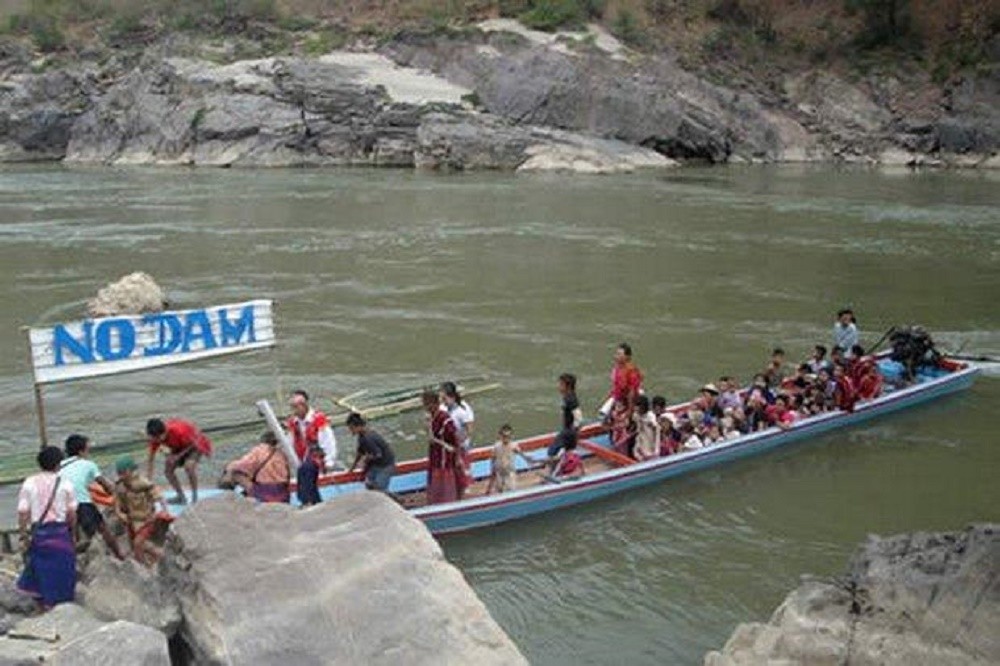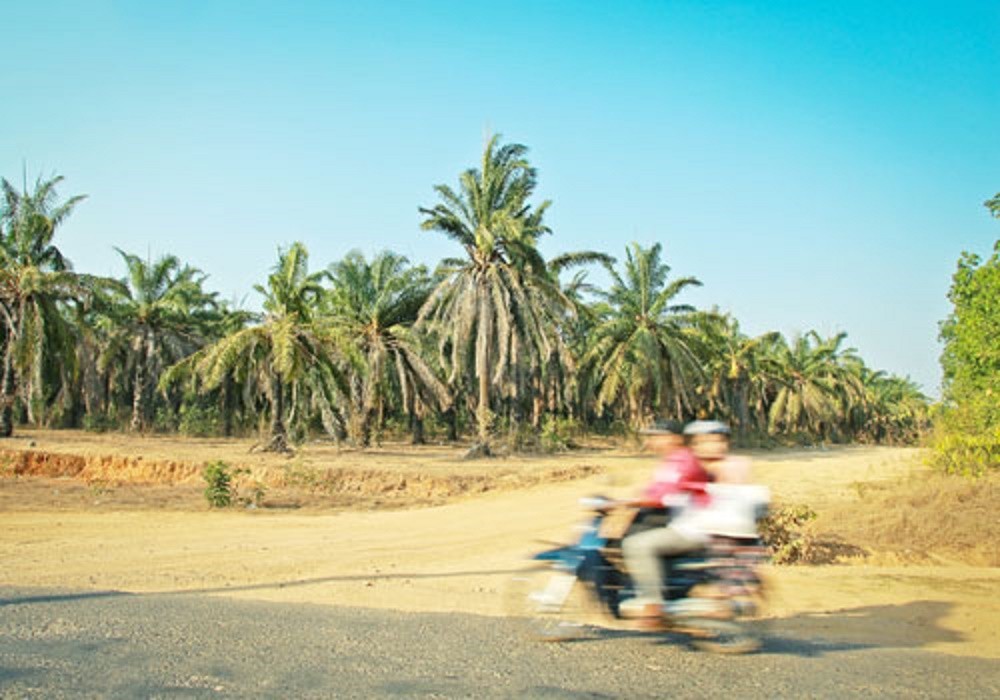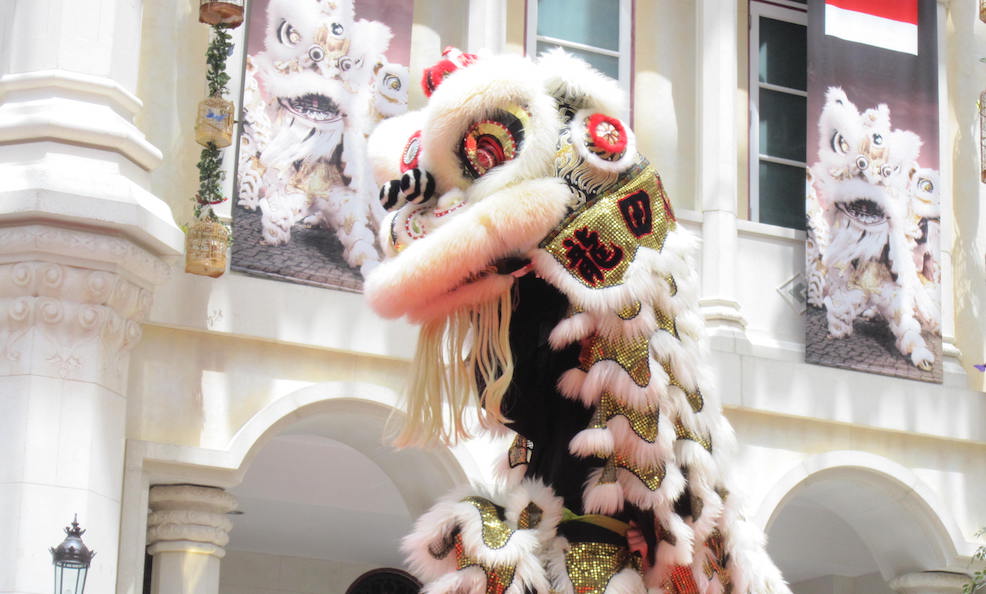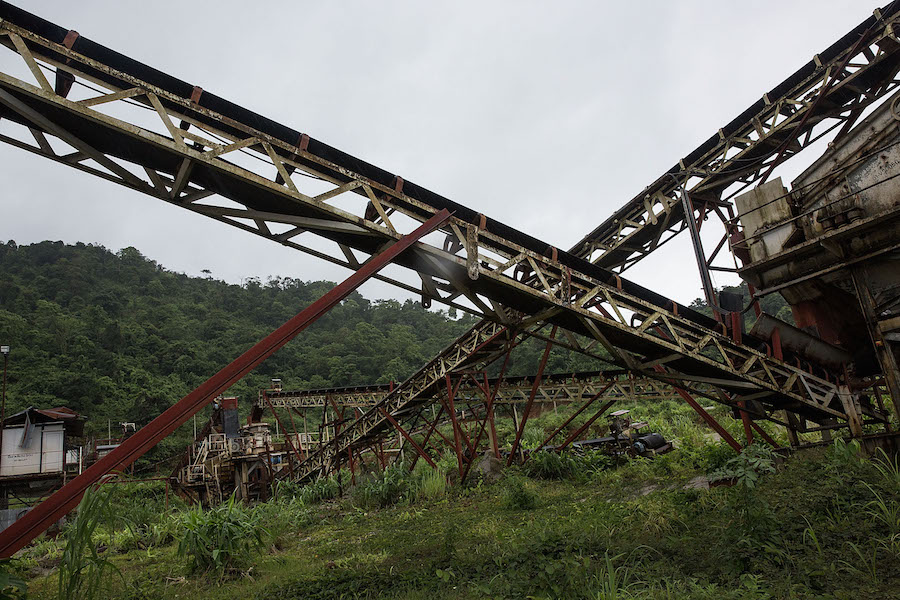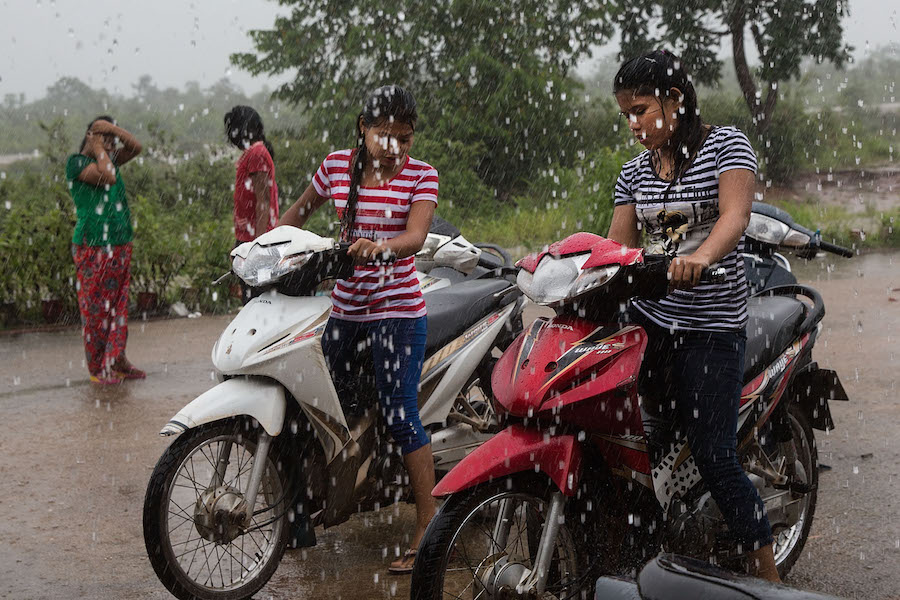This week’s visit by State Counsellor Daw Aung San Suu Kyi to Thailand appears to hold out hope for Thai state and private investors to revitalise their plans for key investments in Myanmar. Among these projects, the most prominent are the Dawei special economic zone and a cascade of hydroelectric dams on the Thanlwin River.
Tag: Dawei
NGOs to oppose megaprojects during Suu Kyi visit
Non-governmental organisations on Tuesday called on Aung San Suu Kyi to put on hold two projects with Thailand during her visit to the country.
As the government is preparing for her first visit to Thailand as foreign minister and state counsellor, 23 non-governmental groups are also making their move against attempts by the host Thailand to ink deals with Mrs Suu Kyi during her three-day trip.
“As one of the leaders in the Myanmar government, we urge you to suspend decisions on any projects, pending the completion of strategic and transboundary impact assessments; and allow people to make informed decisions, ensuring transparent and accountable investments, which mutually benefit both Thailand and Myanmar,” they said in a statement.
Dawei locals launch campaign against Chinese oil refinery plans
This quiet stretch of coast just south of Dawei is today used mostly for swimming and fishing by local villagers or the occasional tourist (see related story).
But the northern area of the bay is set to become part of a Chinese plan to build Myanmar’s largest oil refinery – which controversially received approval in the final days of former president U Thein Sein’s administration.
China’s rise takes centre stage at ADB annual meeting
China’s growing economic influence through the One Belt, One Road initiative and the newly operational Asian Infrastructure Investment Bank were key topics of discussion at the Asian Development Bank’s annual conference in Frankfurt this week.
The Chinese-led AIIB has 57 founding members with others expected to join. The One Belt, One Road (OBOR) project aims to strengthen infrastructure on the land and sea routes from China through Central Asia and Southeast Asia respectively – incorporating some 60 separate states.
Both initiatives affect Myanmar, as a member country of the AIIB and as a host to Chinese OBOR infrastructure projects – including a recently approved US$3 billion refinery near the southern city of Dawei.
Dawei residents protest against $3 billion oil refinery
A collection of civil society groups in the southern city of Dawei has begun to actively protest a Chinese-led US$3 billion proposal to build Myanmar’s largest oil refinery on their doorstep.
Local businesses, civil society organisations and villagers are circulating a petition calling for the new National League for Democracy-led government to reconsider the project – which received approval on the last full day of former president U Thein Sein’s administration.
Local residents were hardly involved in the approval process, according to the appeal, which suggests the environmental effects of the 100,000-barrels-per-day project may be catastrophic.
More than 2000 people from six villages have signed the petition, according to the Dawei Development Association.
Myanmar: The Dawei Special Economic Zone
Investor confidence in the long-delayed Dawei special economic zone (DSEZ) is growing after Japan signed on as a third equal partner with Myanmar and Thailand this December. Japan’s backing may finally kick start construction of the billion dollar project that has been crippled by funding shortfalls since 2013. If it’s ever finished, the deep-seaport is expected to rival the one in Singapore, opening a new gateway to the Malacca Strait from the western Myanmar seaboard. The 196 square km special economic zone – scaled down from initial estimates of 204.5 square km – would become one the biggest industrial parks in Southeast Asia.
Doubts raised over Chinese oil refinery plan
A Chinese-led US$3 billion plan to build Myanmar’s largest oil refinery near the southern city of Dawei has raised questions about China’s strategic intentions in launching apparently commercially unviable projects, while local groups have already signalled their opposition.
Sino–Japanese competition heats up over Myanmar’s SEZs
China and Japan are eager to be involved in massive special economic zone (SEZ) projects in Myanmar, amid rising economic competition in the Greater Mekong Subregion (GMS). Since 2011, Myanmar has rapidly improved its diplomatic relations with the West and Japan in order to broaden its economic relations and mitigate its excessive dependence on China.
China firm wins Myanmar approval for $3 bln refinery
Chinese state-controlled commodity trader Guangdong Zhenrong Energy Co has won approval from the Myanmar government to build a long-planned $3 billion refinery in the Southeast Asian nation in partnership with local parties including the energy ministry, company executives said on Tuesday.
The project, which also includes an oil terminal, storage and distribution facilities, would be one of the largest foreign investments in decades in Myanmar. Myanmar currently imports most of its fuel.
The Myanmar Investment Committee granted the Chinese firm approval to build a 100,000 barrels-per-day (bpd) refinery in the southeast coastal city of Dawei, Li Hui, a vice president of Guangdong Zhenrong and head of the company’s refining business, told Reuters.
UPA signs B10bn Dawei power plant deal
The signing ceremony was held on Monday to mark the start of investment in a 200-megawatt plant to be located in Kanbauk.
Mr Upakit said the move to develop the 200MW power plant came after the first step last June, when subsidiary Andaman Power and Utility Co (APU) signed a contract with the Tanintharyi regional government to supply electricity and develop the 20MW gas project in Dawei.


